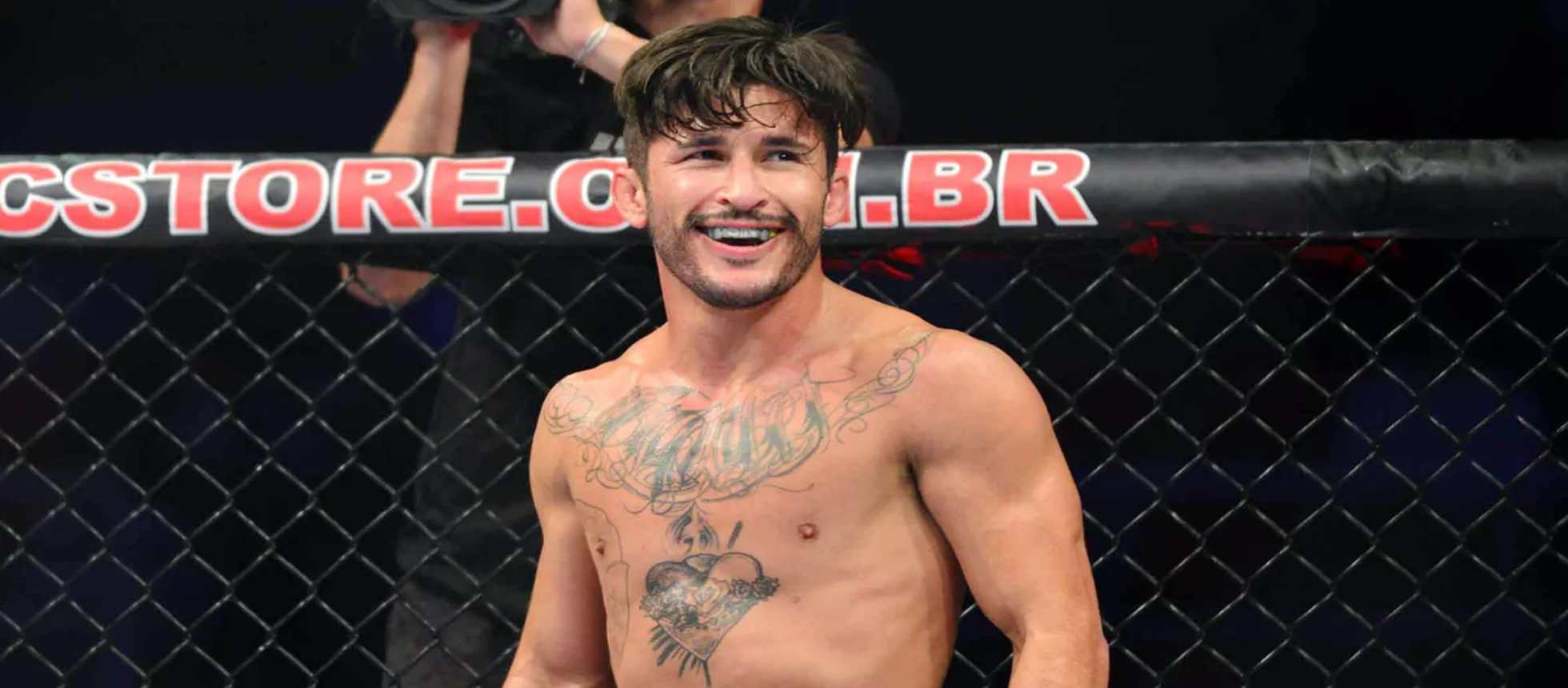Former UFC contender Ian McCall recently appeared on the Bohnfire podcast and revealed just how far he fell before finding his current path as a “psychedelic integration coach.” He recently opened up about a career derailed by addiction, including a surprising admission about showing up to a UFC commentary audition while high on c**aine.
“When I showed up to try and try out for a commentator gig, I was on a bender, you know, like I did c*ke in the bathroom like trying to like talk more and I was just like I was a mess,” McCall confessed during the interview. The revelation highlights how addiction cost him opportunities beyond just fighting, as the UFC had offered him a potential broadcasting role that could have provided a post-fighting career path.
McCall’s struggles extended far beyond that single incident. He admitted to using dr**s before fights, stating he was “snorting Oxycontin before I walked out to my fights both of them” during his time competing in Japan. The former contender, who many believed was robbed of becoming the inaugural UFC flyweight champion, instead saw his career “marred with addiction” and brain damage.
“I should have been one of the greatest of all time,” McCall acknowledged, but his demons prevented him from reaching that potential. The addiction issues were compounded by severe traumatic brain injury that left him suicidal and struggling with various substances that “really ruined my career.”
However, McCall’s story doesn’t end in the depths of addiction. Today, he’s found purpose as CEO of a nonprofit called Athletes Journey Home, conducting traumatic brain injury research using psychedelics. “I’m a scientific researcher in the field of traumatic brain injury. I’m leading the charge of how to fix all the athletes that are broken,” McCall explained.
His work involves conducting retreats using substances like psilocybin mushrooms and ayahuasca to help athletes heal from the mental and physical trauma of their careers. While McCall’s intentions may be noble, his pivot to becoming a “psychedelic integration coach” raises a few eyebrows.
McCall’s research has attracted attention from fellow competitors, including Matt Danzig and Olympic gold medalists. He’s particularly focused on helping the generation of fighters who built the sport but are now dealing with the long-term consequences. “Someone’s got to clean up the mess,” he said, referring to former contenders struggling with addiction, brain damage, and other issues.
The flyweight icon even brought his research to the UFC in 2019, explaining to executives like Jeff Novitzky the potential benefits of psychedelics for fighter recovery. While the organization showed initial interest, legal and business constraints ultimately prevented collaboration.
“I’m not trying to stop fighting. I’m not trying to stop any sports. I just want people to be safe, that’s all,” McCall emphasized.
It’s deeply ironic that Ian McCall, who once sabotaged a lucrative UFC broadcast gig by allegedly using c**aine in the bathroom, is now branding himself as a psychedelic integration coach and promoting ayahuasca retreats. The same man who spiraled from a promising MMA career into public flameouts now presents himself as a spiritual guide through altered states of consciousness.
While psychedelics like ayahuasca are often explored as tools for addiction recovery, McCall’s transition certainly raises eyebrows, especially given the lack of accountability or formal therapeutic training. His new role feel less like redemption and more like opportunism wrapped in jungle mysticism.


